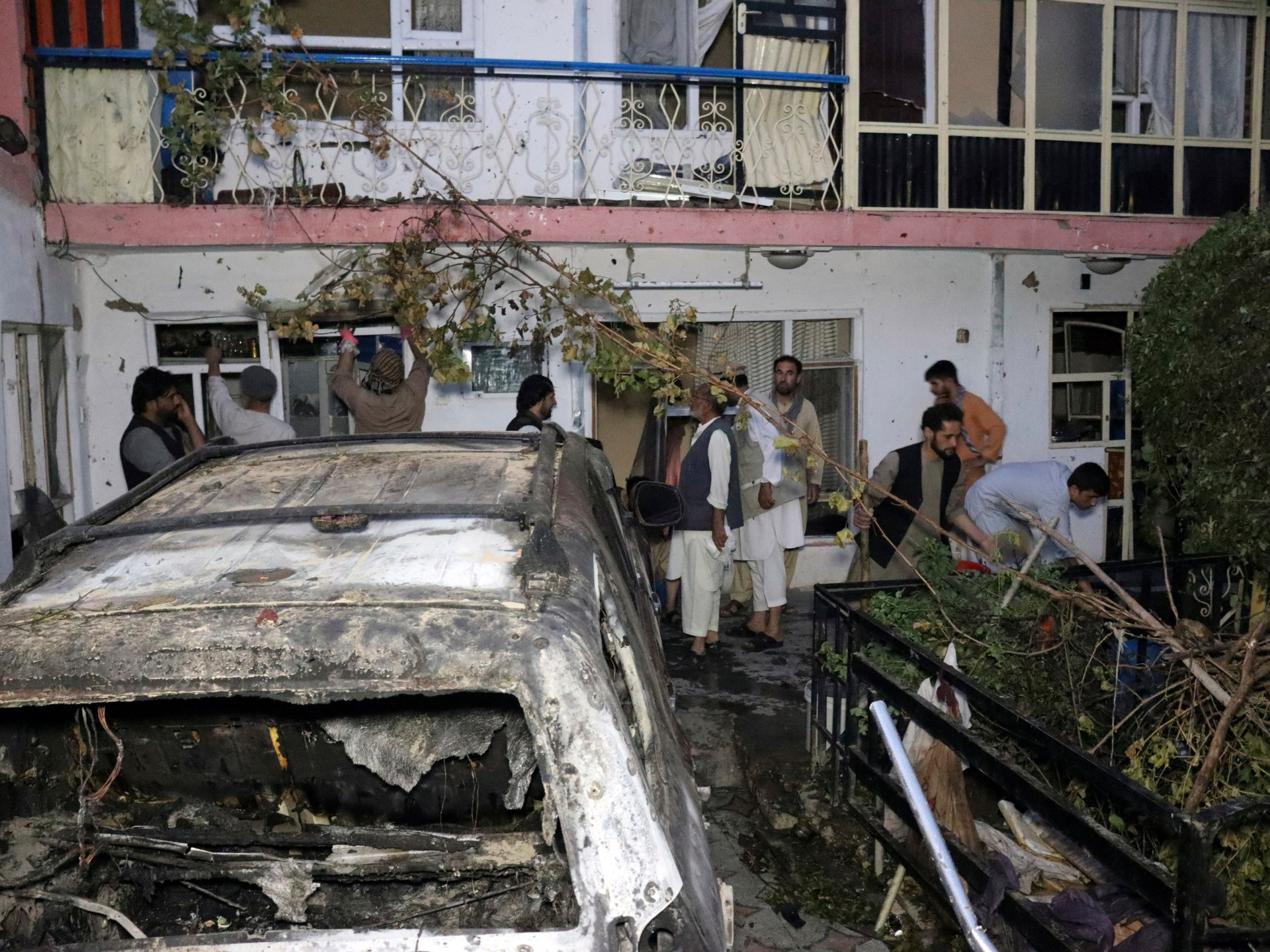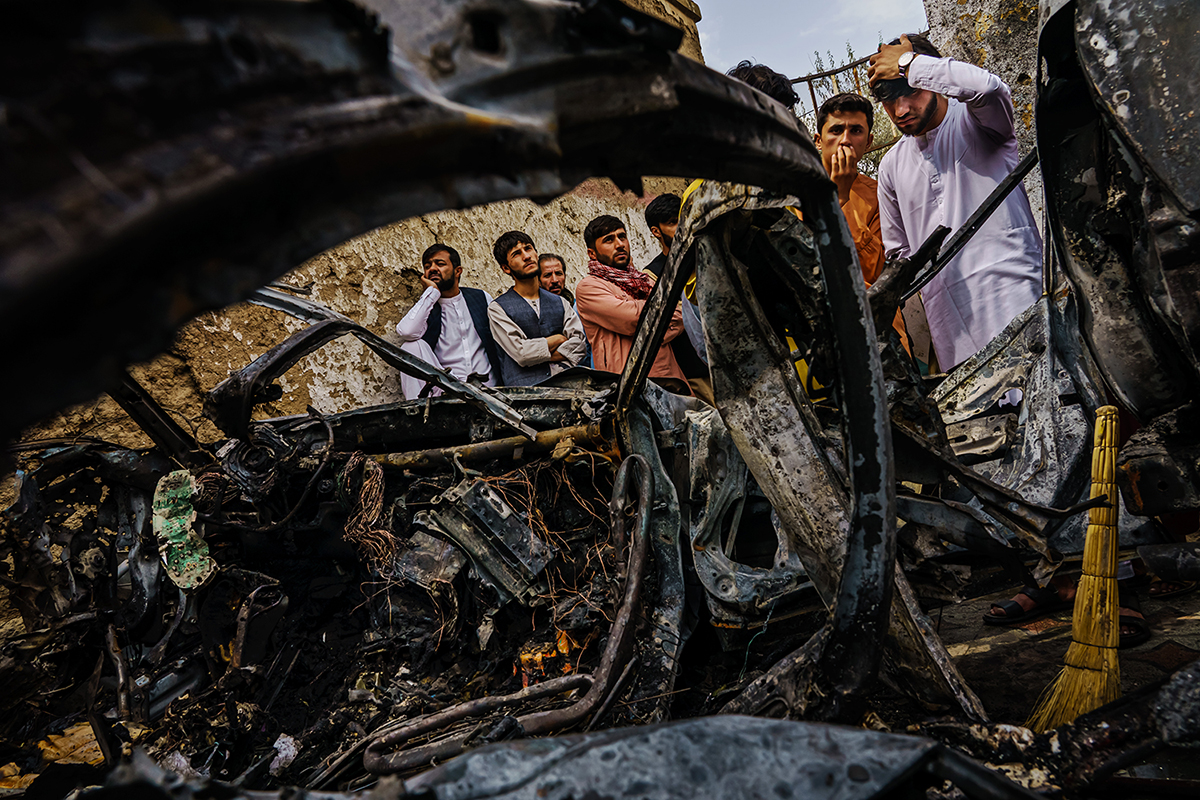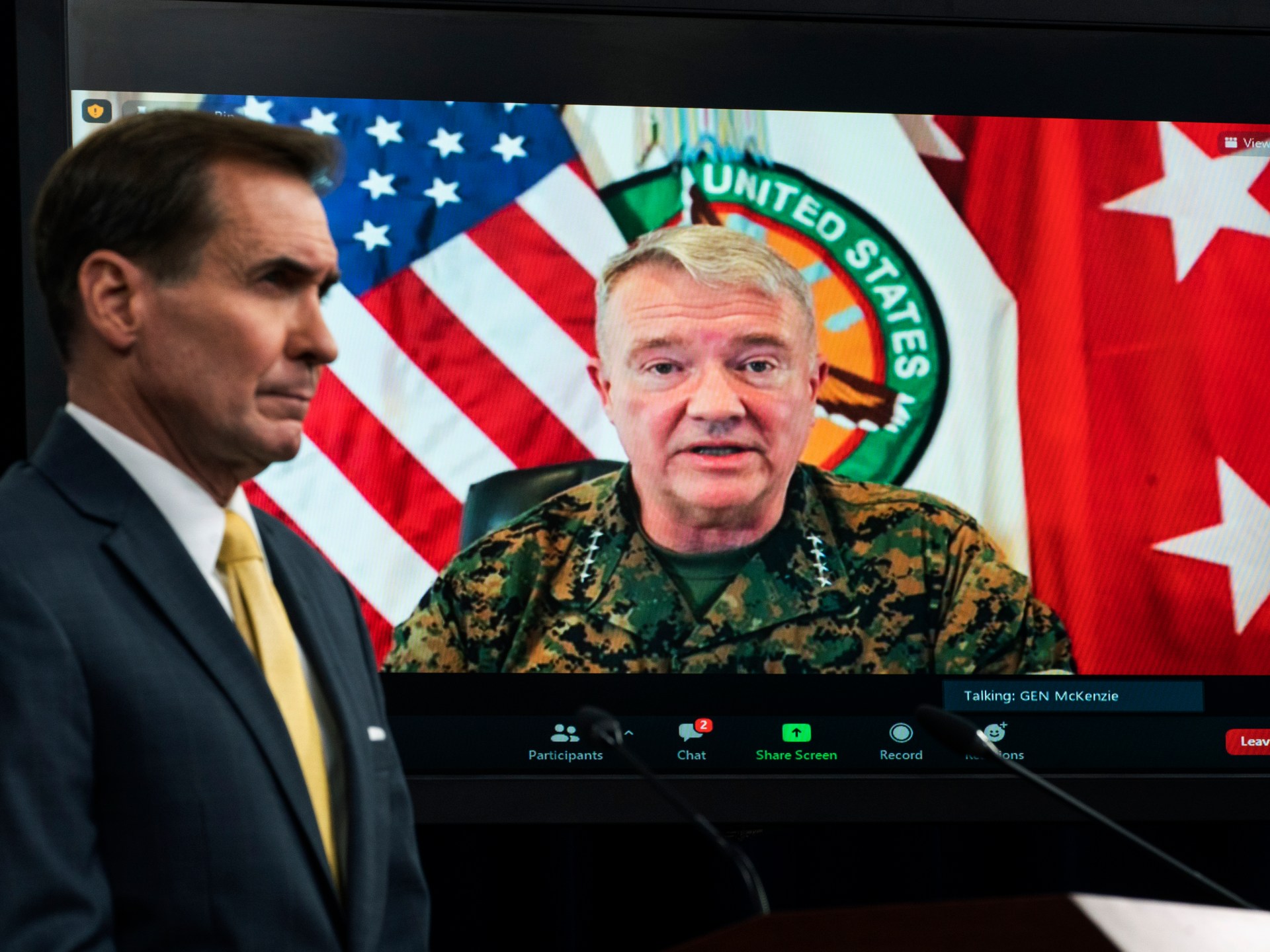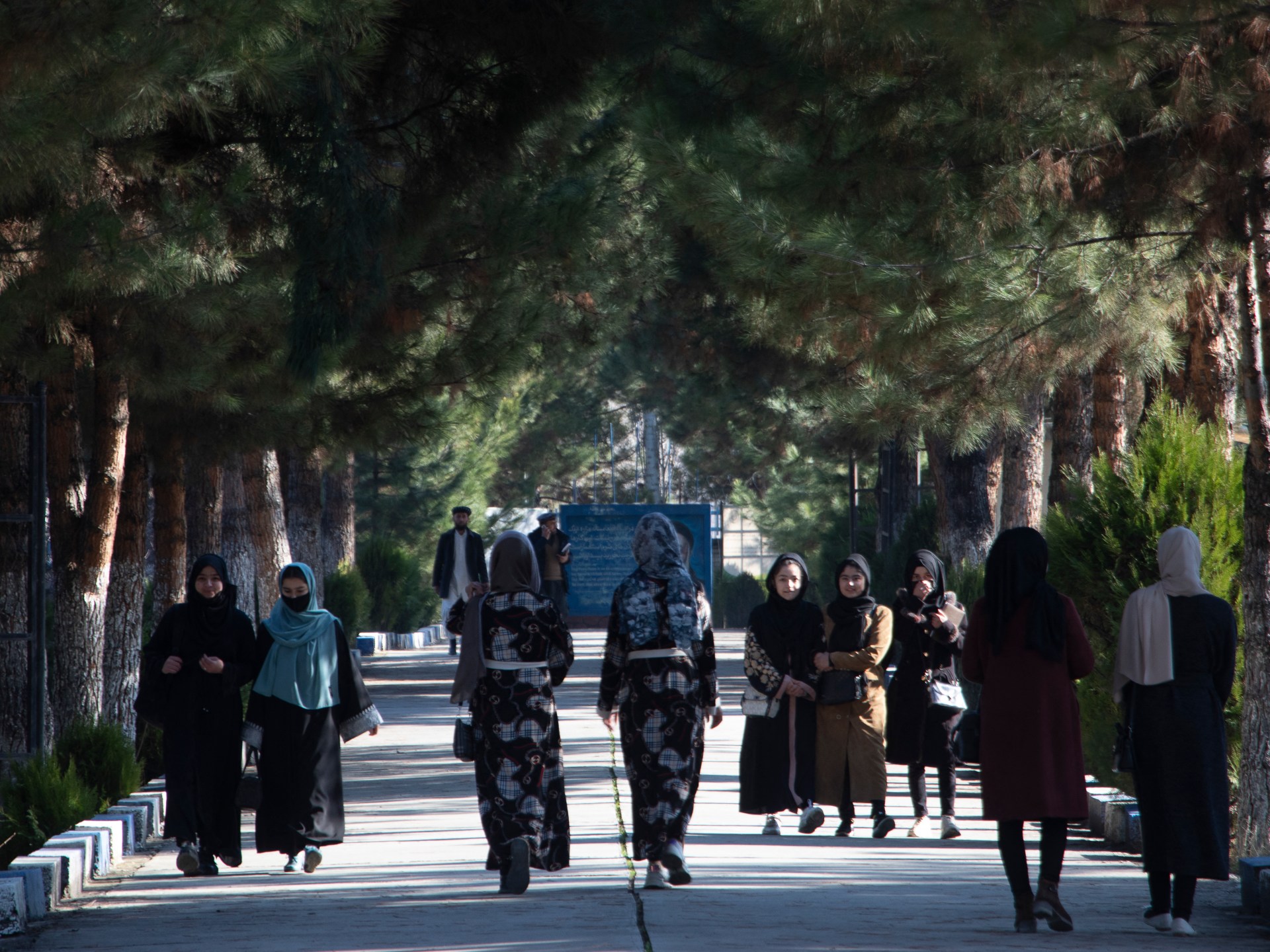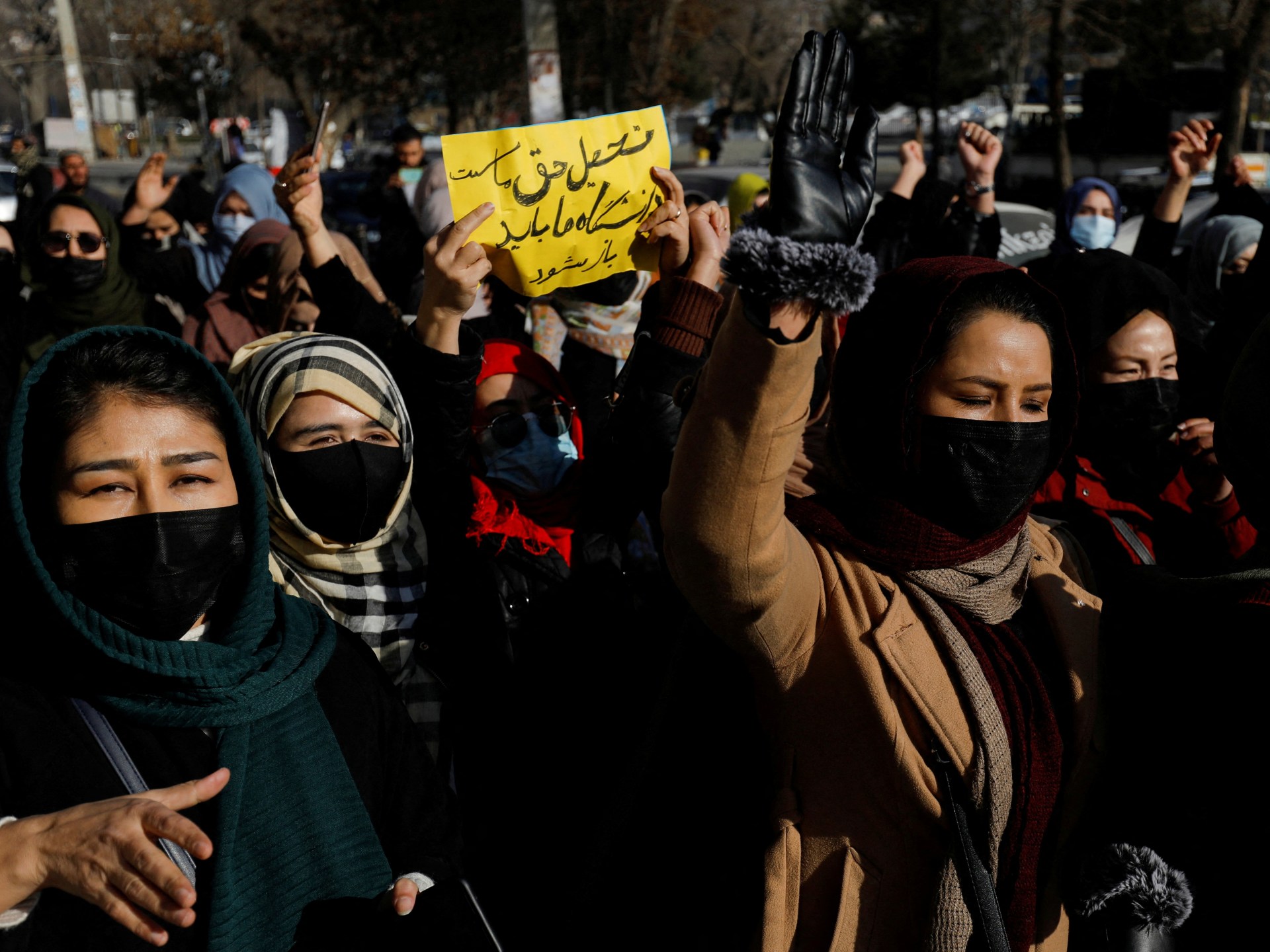The West is getting Afghanistan wrong – again
Here are four misconceptions about the Afghan crisis that Western politicians and pundits continue to spread.
12 Sep 2021
An Afghan man sells the flags of the former Afghan government and the Islamic Emirate of Afghanistan during the anti-Pakistan protest in Kabul on September 7, 2021 [West Asia News Agency via Reuters]
The dust has settled on a chaotic United States withdrawal from Afghanistan. It began with faulty predictions of the Afghan government’s longevity (at least 18 months, we were told in April), continued under the protective wing of its adversaries, and concluded with a drone strike which killed
some of the Afghans, several of them children, whom the US was so keen to evacuate.
Longtime observers of the US and NATO war, with its frequent unmet timelines and repeated insistence that change was just around the corner, should not be surprised. Despite amassing a wealth of data on Afghanistan and making profitable careers for an army of analysts, contractors and assorted “experts”, the International Security Assistance Force (ISAF), to paraphrase Sun Tzu, failed to understand either its enemy or the nature of its own intervention.
This article attempts to address several of the most salient misconceptions, past and present, while reflecting on what might be expected of the new Taliban-led dispensation.
‘Al-Qaeda is coming back’
Two days before the fall of Kabul, UK Defence Secretary Ben Wallace declared that Afghanistan was “heading towards civil war”, suggesting the history of Afghanistan and the fragmented nature of the Taliban movement meant al-Qaeda would “probably come back”. Since then, his views have been echoed by former US ambassador Ryan Crocker, Republican Senator Lindsey Graham, and numerous other commentators and politicians.
Such statements are based on an outdated understanding of the situation in Afghanistan and the greater Middle East. After 2001, al-Qaeda found more fertile ground outside Afghanistan, chiefly in places where governance was shattered and local resentments created by US invasions and bombing campaigns (Iraq, Yemen, Libya).
It has been the presence, rather than the absence, of US violence that has created support for the organisation. Meanwhile, more extreme outfits like ISIL (ISIS) have superseded al-Qaeda both in importance and in their ability and willingness to strike on US territory.
By contrast, the Taliban has shown no inclination to take its fighting outside Afghan borders, despite many opportunities to do so, and was tacitly
collaborating with US forces against ISIL in Afghanistan. In the present day, no government can guarantee that none of its nationals will ever carry out an attack in another country –
could Australia?
But there is every reason to take seriously the Taliban’s evident interest in establishing a peaceful order in Afghanistan. The tragic ISIL attack on Kabul airport only underscores the urgency of doing so.
 iraq seems to be generally uninvolved with the northern kurds. maybe northern afghanistan will take a bunch of autonomy strides, especially considering the "world reaction" to the past year of their northern neighbor actions. maybe china and india and pakistan will start a 3 way violence triangle that distracts from the whole thing.
iraq seems to be generally uninvolved with the northern kurds. maybe northern afghanistan will take a bunch of autonomy strides, especially considering the "world reaction" to the past year of their northern neighbor actions. maybe china and india and pakistan will start a 3 way violence triangle that distracts from the whole thing.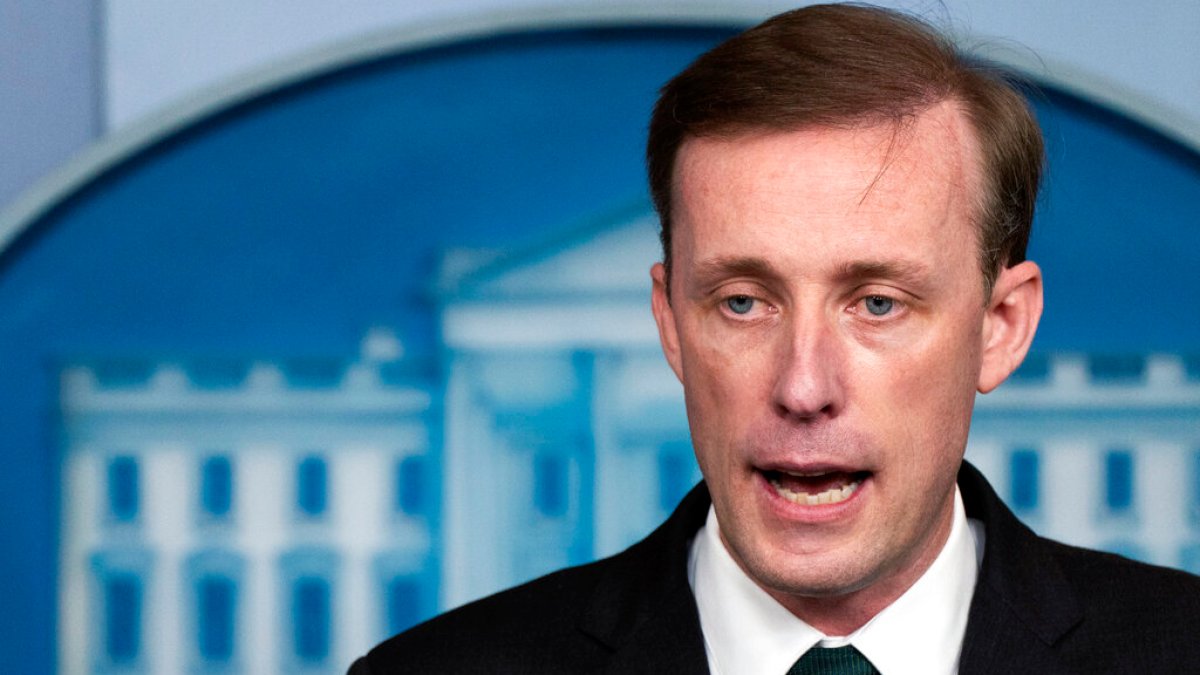
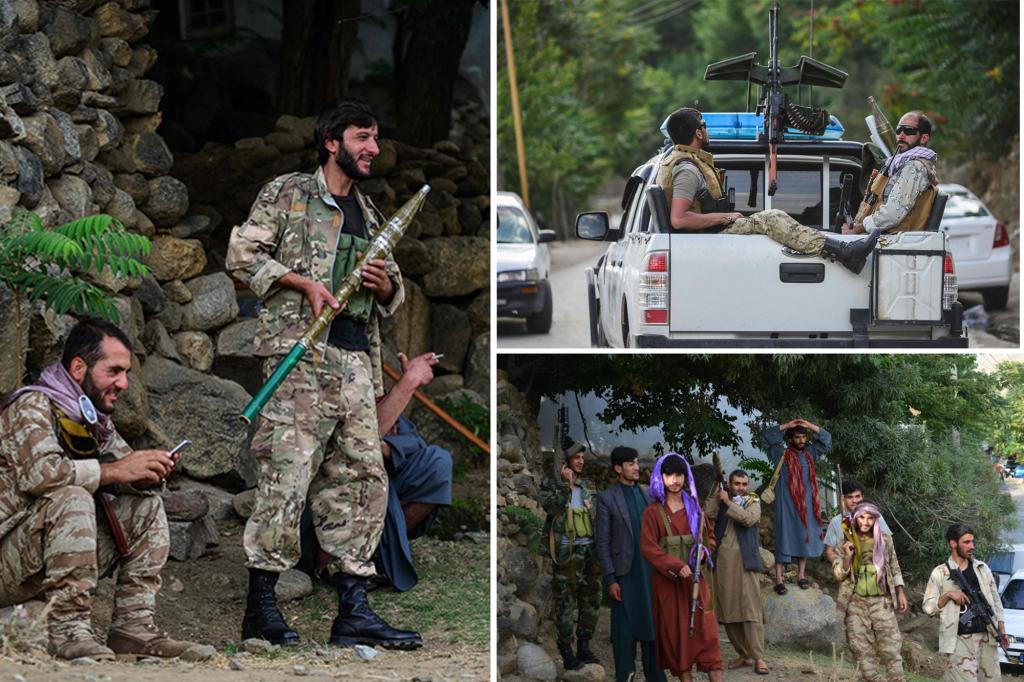
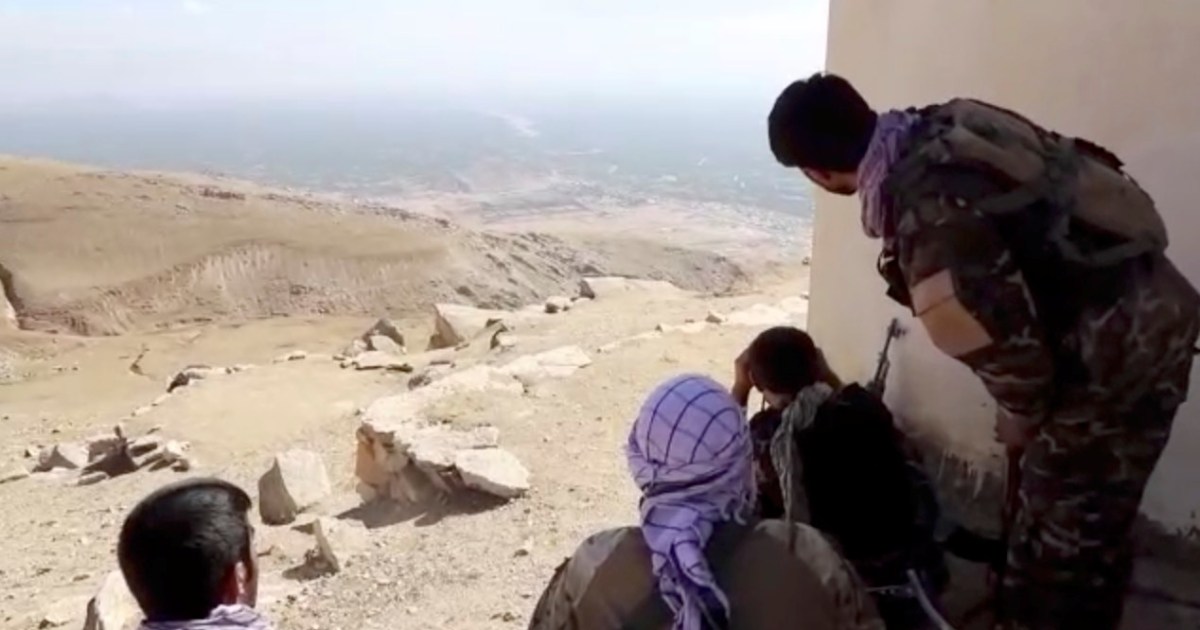

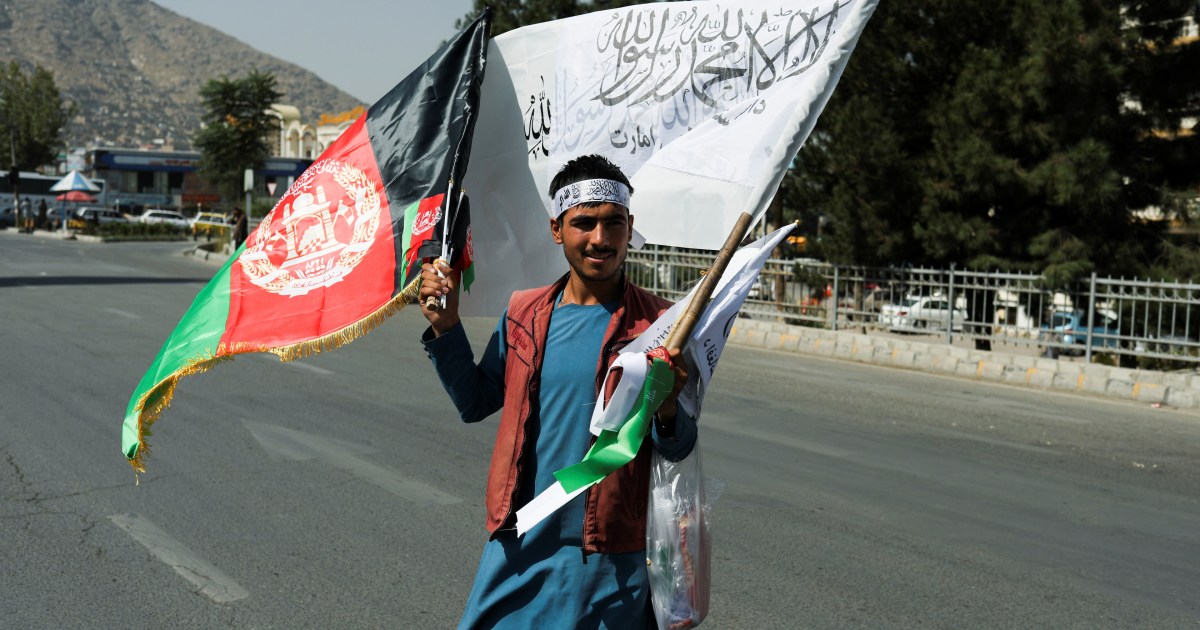
![An Afghan man sells the flags of the former Afghan government and the Islamic Emirate of Afghanistan during the anti-Pakistan protest in Kabul on September 7, 2021 [West Asia News Agency via Reuters] An Afghan man sells the flags of the former Afghan government and the Islamic Emirate of Afghanistan during the anti-Pakistan protest in Kabul on September 7, 2021 [West Asia News Agency via Reuters]](/proxy.php?image=https%3A%2F%2Fwww.aljazeera.com%2Fwp-content%2Fuploads%2F2021%2F09%2F2021-09-07T111045Z_1039500334_RC2UKP9TLWVB_RTRMADP_3_AFGHANISTAN-CONFLICT-1.jpg%3Fresize%3D770%252C513&hash=b42286ecd7a07c5f304516fc7ae9f00e)

